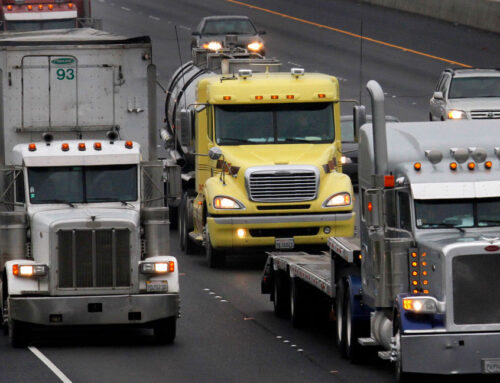By Barbara Rosen and Debra Coyle McFadden
Climate change is the greatest threat to public health of the 21st century, with disproportionate harm borne by the most vulnerable and disadvantaged New Jerseyans among us. Fortunately, a 21st century clean technology solution is available.
Transition to an electrified transportation system will reduce the use of petroleum-fueled cars, trucks, and buses, which cause nearly half of New Jersey’s greenhouse gas emissions, the most significant driver of documented climate change since the middle of the last century. Not only will climate change unravel the last 50 years of advances we have made in public health policy, but the effects of climate change are a clear danger to the health of Americans now. As leaders in health, we know a 21st century electrified transportation system must be designed equitably, to address the impact of climate change where it is most excruciatingly experienced.
Climate change and the health impacts are real. According to the National Oceanic and Atmospheric Administration, the average temperature in New Jersey has increased 3°F over the past century. Residents of urban communities, especially young children and the elderly, are most likely to reap the negative health consequences, typically in the form of asthma attacks and heat stress.

